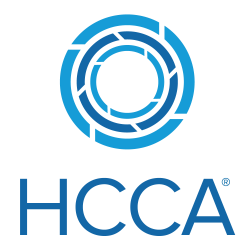Planned and unplanned mid-study updates each add approximately 30 days to clinical trial durations, according to a new study by the Tufts Center for the Study of Drug Development (CSDD).
The analysis, based on data from 194 drug developers worldwide, found that, on average and regardless of company size, each clinical trial has four planned and four unplanned mid-study updates.
Larger companies reported taking more time to resume their clinical trials after a planned or unplanned mid-study update, whereas smaller companies reported faster time resuming their studies after an update.
“Sponsor companies are seeing an increase in mid-study updates as they implement more amendments, conduct more interim analyses, and execute more flexible and ambitious clinical trial designs,” said Ken Getz, professor and director of Tufts CSDD, who oversaw the study. “This study demonstrates the challenge and impact of planned and unplanned updates and suggests an important opportunity to reduce clinical trial cycle times.”
While planned and unplanned mid-study updates were the challenge most frequently reported by survey respondents, other top challenges included issues related to flexibility and customization, database go-live delays, and lack of integrated patient engagement.
Study results highlighted in the March/April Tufts CSDD Impact Report also included the following:
- Each planned and unplanned mid-study update typically takes approximately 30 days to complete before the study can resume.
- Planned mid-study updates on average take 1.5 days less time to go-live again, compared to unplanned mid-study updates.
- Data management cycle times for start-up and close-out activity have not changed since 2017.
- Respondents who were more satisfied with their electronic data capture system’s ability to manage mid-study updates reported a five-day cycle time advantage to go-live again.
Edited by Gary Cramer



